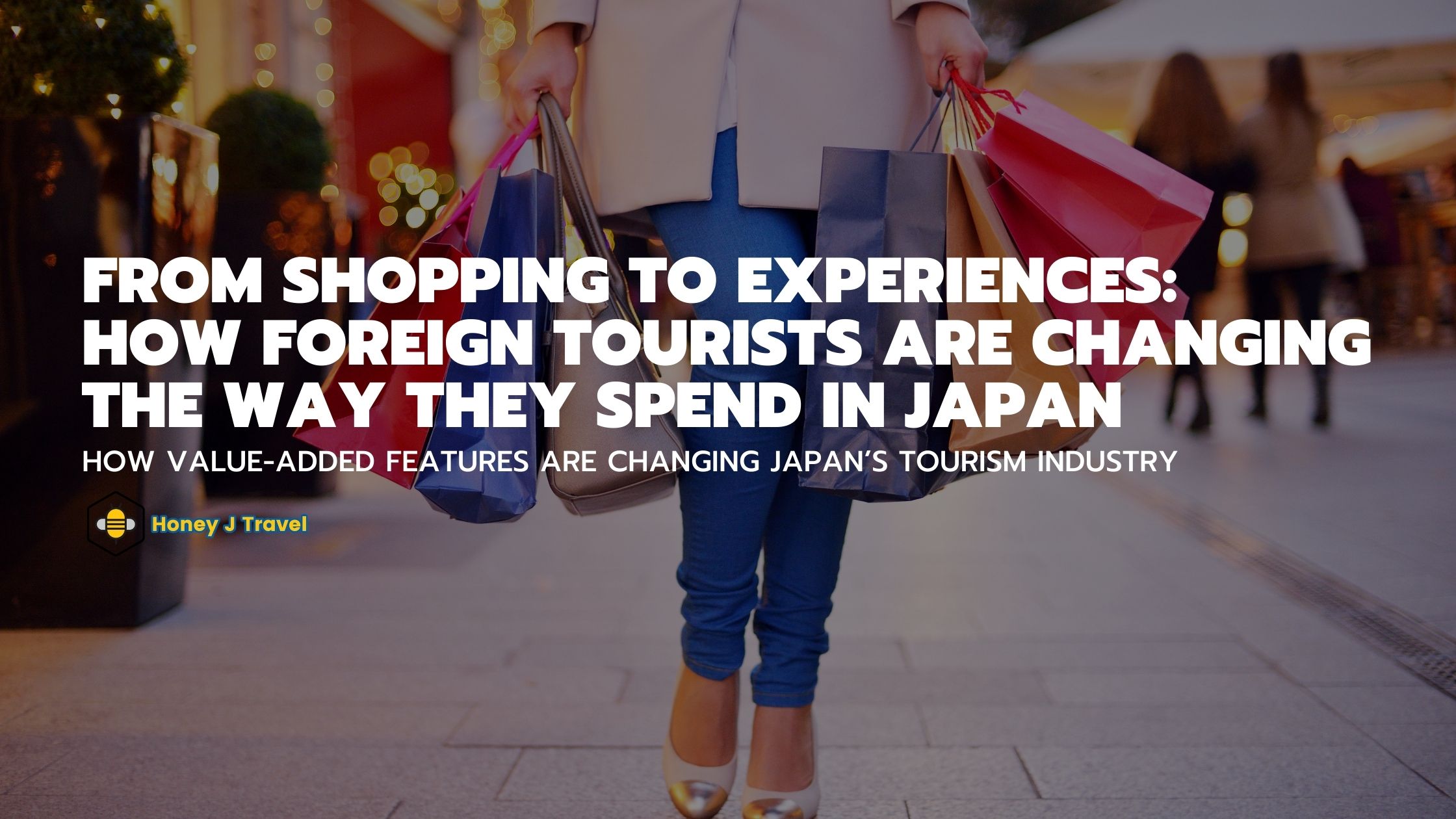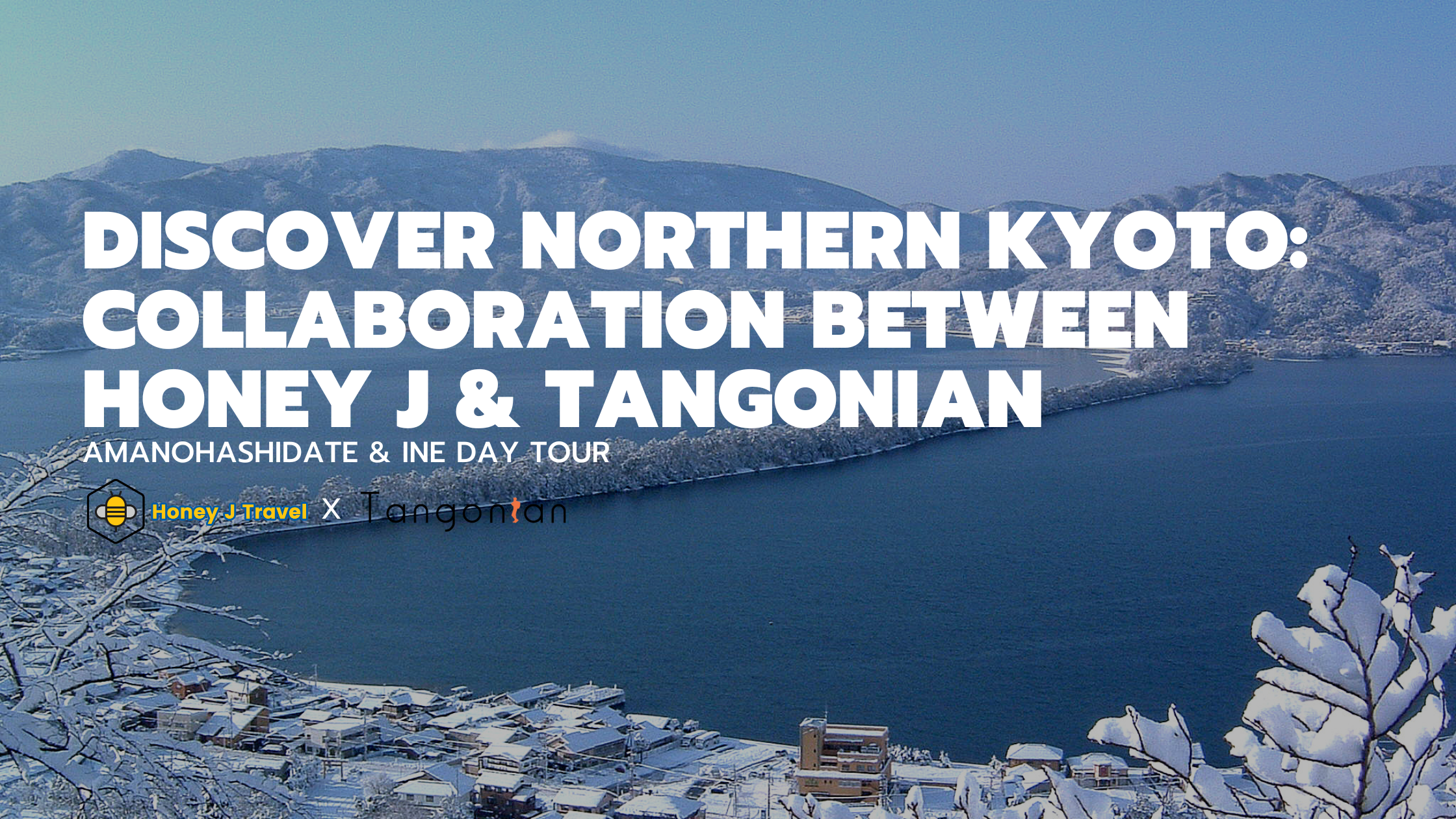
Akari Terada
Writer
In recent years, Japan has become one of the world’s top travel destinations, attracting millions of international visitors each year. But while the number of inbound tourists continues to rise, the way foreign travelers are spending their money in Japan is noticeably shifting. Instead of focusing on luxury goods and branded shopping sprees, today’s travelers are putting their budgets into authentic experiences, local foods, and unique accommodations.
This trend not only changes the tourism landscape but also creates exciting opportunities for destinations, hotels, and travel operators across Japan.
Table of Contents
The Decline of Luxury Shopping Among Visitors
For decades, Japan was famous for “bakugai” (explosive buying), especially among tourists from neighboring Asian countries. Luxury handbags, cosmetics, and electronics were once the top souvenirs.
However, with changes in consumer behavior and more widespread access to global luxury brands, foreign tourists are no longer prioritizing shopping in Japan the way they used to. Instead, they’re seeking value-added experiences that they cannot easily find at home.

The Rise of Experience-Based Travel
More travelers are asking: “What can I only experience in Japan?” This question has led to booming interest in:
Local food adventures – street food tours in Osaka, fresh seafood markets in Hokkaido, or hidden izakaya alleys in Tokyo.
Unique accommodations – staying at a ryokan with onsen, sleeping in a temple lodging (shukubo), or renting a restored machiya townhouse in Kyoto.
Immersive art and nature – visiting interactive museums like teamLab, or exploring scenic rural areas like the Nakasendo Trail and Japan’s lesser-known islands.
These activities create stories and memories that last much longer than a shopping bag.

Why Value-Added Features Matter?
Today’s travelers want more than just a bed to sleep in or a ticket to an attraction. They want:
Personalization – English-speaking guides, dietary options, or tailored itineraries.
Authenticity – direct contact with locals, traditional crafts, or farm-to-table dining.
Sustainability – eco-friendly transport, community-based tourism, and ethical wildlife encounters.
For example, a hotel that simply offers a room competes on price. But a hotel that offers a local food tasting, cultural activity, or guided neighborhood walk adds value that guests are willing to pay more for.

What This Means for Japan’s Tourism Industry?
This shift in spending patterns is an opportunity for Japan to highlight its regional diversity. Beyond Tokyo and Kyoto, local towns and rural areas can benefit by showcasing their unique charm—whether that’s a soba-making class in Nagano, pottery in Mashiko, or a fishing village stay in Setouchi.
Final Thoughts
Japan’s inbound tourism boom is evolving. Luxury shopping may no longer dominate tourist spending, but the appetite for memorable, local, and authentic experiences is stronger than ever.
For travelers, this means deeper connections with Japan. For the tourism industry, it means adapting to deliver value-added, experience-based travel that sets Japan apart
Planning your next trip to Japan?
Don’t just shop—immerse yourself in experiences that will stay with you for a lifetime.
Share this blog
scenic japan blogs

Live your adventure
+81 3-6824-2055
info@honeyj.co.jp
Head Office
Morimatsu Building 2F
3 Nyorai, Kita, Nagoya
Tokyo Office
Nissey Marunouchi Garden Tower 3F
1-1-3 Marunouchi, Chiyoda-ku, Tokyo

Government-Licensed Class 1 Travel Agency License No. 2149 JATA Regular Member






